
Does Quantum Mechanics Reveal That Life Is But a Dream?
A radical quantum hypothesis casts doubt on objective reality

A radical quantum hypothesis casts doubt on objective reality
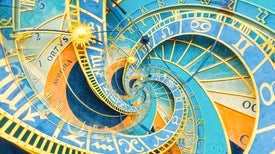
From Neolithic constructions to atomic clocks, how humans measure time reveals what we value most
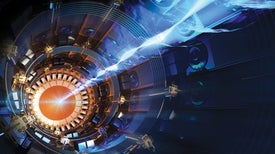
Measuring the time it takes particles to travel between two points may be the best test yet for Bohmian mechanics

Spacetime may emerge from a more fundamental reality. Figuring out how could unlock the most urgent goal in physics—a quantum theory of gravity

Runaway success and underfunding have led to growing pains for the preprint server
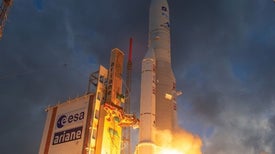
A new type of satellite opens mobile possibilities
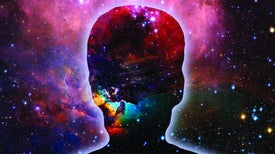
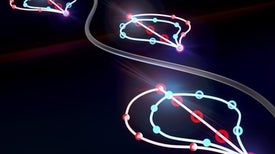
After a decade of work, researchers have achieved the first ever experimental reconstruction of a quantum wave function
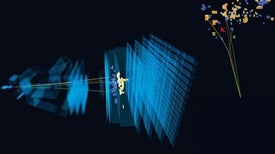
Muons and electrons might not experience the same fundamental interactions, contrary to Standard Model predictions
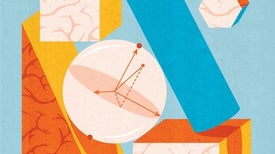
Originally built to speed up calculations, a machine-learning system is now making shocking progress at the frontiers of experimental quantum physics
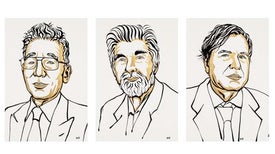
The prestigious award finally recognizes work that helped scientists understand climate change and, more broadly, find order in disorder
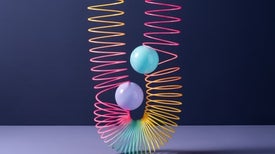
Quantum mechanics inspires us to speculate that interactions between entities, not entities in themselves, are fundamental to reality

Ordinary human dilemmas are tougher to solve than the most difficult problems of physics and mathematics
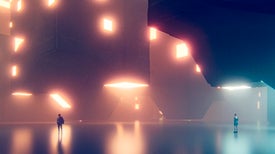
Theories that try to explain these big metaphysical mysteries fall short, making agnosticism the only sensible stance
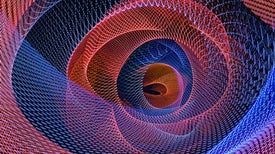
New research shows that there are problems even quantum computers might never be able to solve

If such an object a mere 1,000 times bigger than an atom passed through your body, the result would not be pretty
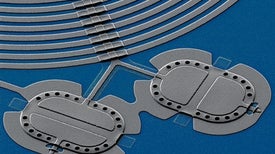
Two teams have demonstrated new degrees of quantum measurements in micron-sized metal drums
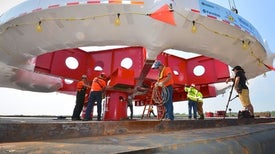
The discrepancy between the theoretical prediction and the experimentally determined value of the muon’s magnetic moment has become slightly stronger with a new result from Fermilab...
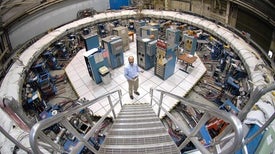
Initial data from the Muon g-2 experiment have excited particle physicists searching for undiscovered subatomic particles and forces
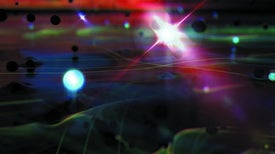
Physicists have new ideas about why the energy of empty space is so much weaker than it is predicted to be
Support science journalism.

Thanks for reading Scientific American. Knowledge awaits.
Already a subscriber? Sign in.
Thanks for reading Scientific American. Create your free account or Sign in to continue.
Create Account